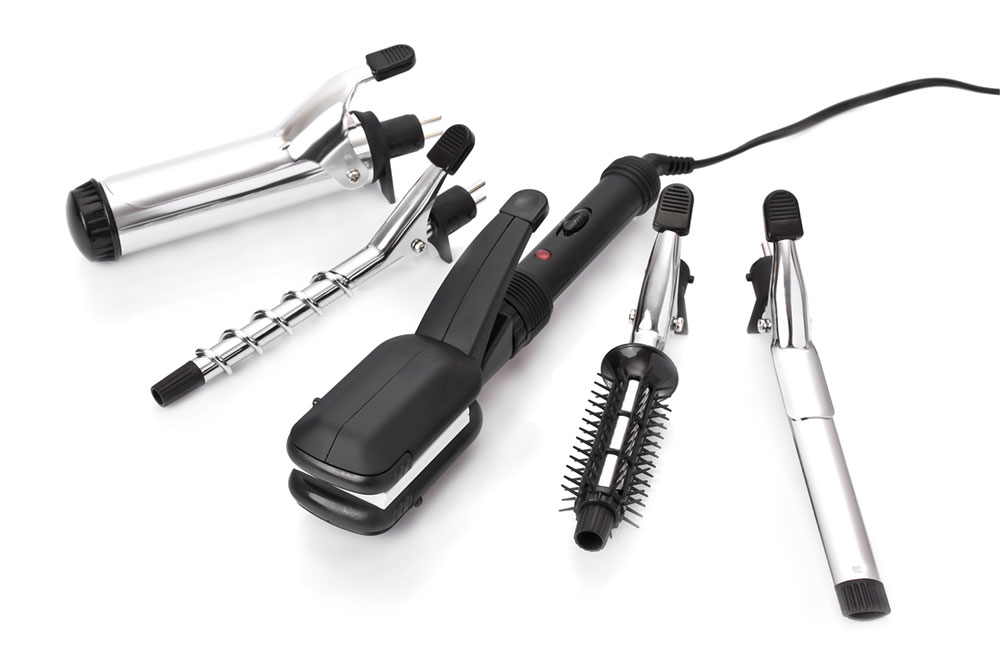7 mistakes to avoid when buying life insurance

A life insurance policy is a tool of investment that covers the insured person’s life and protects their loved ones from major financial losses in the event of the insured’s demise. Returns from these policies help provide financial security and pay for medical or other expenses and debts. However, there are several common mistakes people make when getting a life insurance policy. This article explores seven such pitfalls and how to avoid them.
Waiting too long to buy
One of the most common mistakes when it comes to life insurance is waiting too long to buy. People often wait until they start a family before investing in life insurance policies. However, with age, premiums begin to rise significantly. One is also at risk of developing serious health conditions that may further increase premiums or may not be covered by one’s insurance policy. To avoid running into these pitfalls, it is best to buy a life insurance policy as early as possible.
Buying the wrong type of policy
The buyer can choose between different types of life insurance policies among two main categories – term life and permanent life insurance. While both of these provide life cover and protect the insured’s loved ones in their absence, their modes of functioning are slightly different.
- Term life insurance
These policies provide coverage for a limited time, generally from 10 to 30 years. They tend to be cheaper than permanent life insurance policies, as the benefits are only paid to the beneficiaries in the case of the insured person’s demise during the term period. This “term” may be extended later, at a higher premium. Additionally, beneficiaries of this policy typically receive tax-free returns. - Permanent life insurance
Permanent life insurance policies cover one’s whole or universal life, guaranteeing benefits to beneficiaries. It is frequently used in estate planning and can often also be used as a supplemental tool during one’s lifetime.
Depending on one’s needs, it is important to recognize the right insurance type for one’s family and invest accordingly. Among younger families with significant financial risk, opting for a low-cost term life policy may be beneficial. Some crucial factors to consider when buying life insurance policies include one’s age, overall health, income, debts, and assets.
Relying on group insurance
Several companies offer Group life insurance as an employee benefit. However, these policies do not provide sufficient coverage. Additionally, the benefits of these policies are not portable, which means employees cannot carry them forward when they leave the company. Instead of investing thousands of dollars in group life insurance, it is advisable to find individual or family policies that provide continuous coverage, regardless of their employers.
Focusing only on the premium
Of course, it is important to buy a life insurance policy that fits well within one’s current budget and lifestyle. However, the premium should not be the only focal point for buyers. It is important to account for other factors such as coverage, future goals, and inflation. This can help one get well-rounded coverage, features, and benefits from their policy to protect their family’s future.
Failing to research
Just like buying other insurance policies, one must also shop around to find the best rates for life insurance. Failing to research beforehand could leave one saddled with an expensive policy that may not cover all their needs.
When exploring life insurance plans, compare the similar features offered by each insurer and pay attention to any significant differences in their coverage. Buyers must also check out customer reviews and experiences for a more realistic idea.
Skipping the fine print
This is a common mistake to avoid when making any major financial decision. The fine print in a life insurance policy clearly states all the terms, conditions, exemptions, inclusions, and other key details. Before signing the life insurance policy, one must carefully read these to make a well-informed investment decision.
Failing to name at least two backup beneficiaries
When signing up for a life insurance policy, one must name at least two backup beneficiaries. This is an excellent practice for all dispositive documents and contracts, as it helps ensure that the true beneficiaries receive all the death benefits instead of having to pay extra in the form of state inheritance taxes.
Although there is a significant amount of regulation when it comes to life insurance policies, customers must always do their due diligence before purchasing a policy. If required, hire the services of an experienced tax professional who can help guide one through the insurance landscape and make financially sound decisions, keeping one’s best interests at heart.






